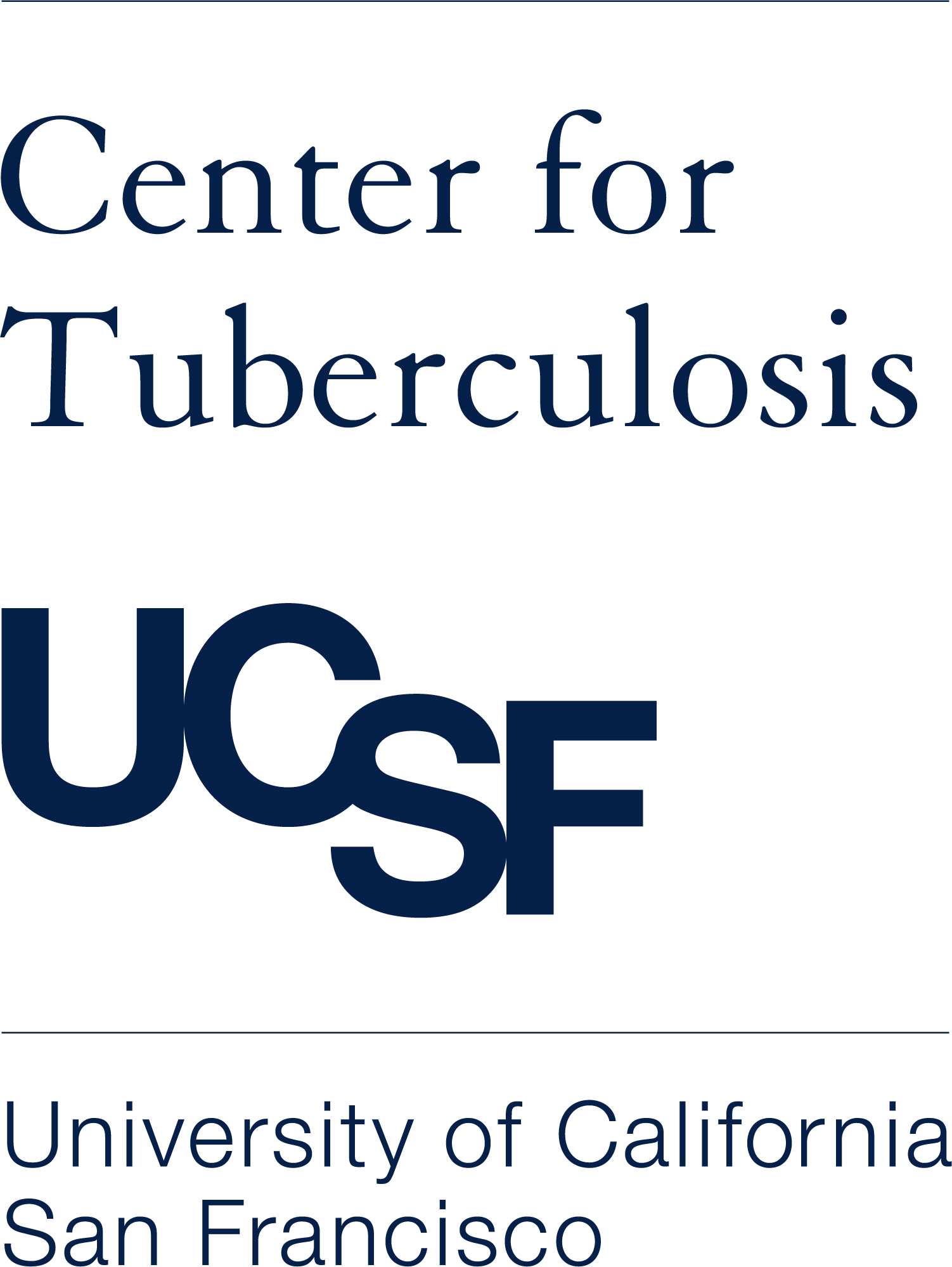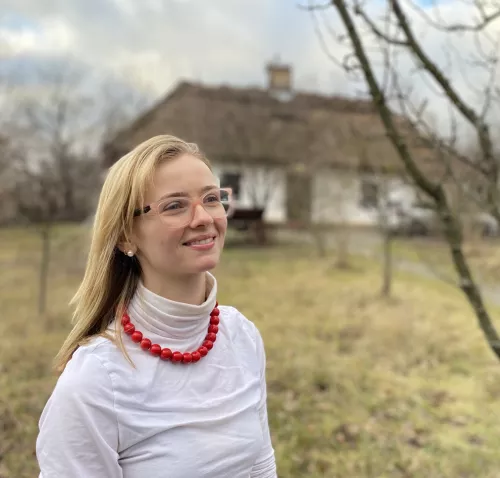Researcher Spotlight
Staff Research Associate, Javid and Metcalf Labs, UCSF
Tell us about yourself and what piqued your interest in TB research?
I am a Staff Research Associate in Metcalfe and Javid laboratories. In truth, I did not give much thought to infectious diseases before the COVID-19 pandemic. Even though I immigrated from Ukraine, a country with one of the highest MDR-TB burdens, my vision of infectious disease pre-COVID was naïve; I thought of it as an issue of the past, something that plagued humanity in distant history. The pandemic has shaken up this misconception and inspired me to become personally involved in preventing public crises due to infectious agents. This goal sent me into a frenzy of googling faculty involved in infectious disease research and sending cold emails about potential job openings, ultimately leading me to my current role as a Staff Research Associate at the DEM.
What recent project have you been working on that you’d like to share with us?
I currently split my efforts between Metcalfe and Javid laboratories. I am working on generating four M. tuberculosis mutant strains lacking genes involved in translation or heat shock response in my capacity in the Javid lab. At the same time, I am helping develop a novel sequencing platform for the timely identification of drug resistant tuberculosis (DR-TB) variants as a part of Metcalfe lab.
Tell us about your role in this study/project?
I am excited to gradually gain a more independent role as a part of both groups. For instance, I am looking forward to identifying an optimal M. tuberculosis lysis and DNA extraction method for downstream sequencing applications, an effort within a clinical trial assessing the impact of rapid genotypic drug susceptibility testing on TB patients.
Did anything surprise you while conducting your research?
This is unrelated to the research itself, but I was genuinely appalled at the amount of injustice TB patients face. For example, qualified TB patients in India rarely have access to bedaquiline, even though this life-saving medication is manufactured there.
In what way do you anticipate this work will contribute to TB science advancement?
I hope my research efforts will allow for a deeper understanding of TB biology and aid in the discovery of novel treatments. I anticipate that my work will accelerate diagnosis of DR-TB and subsequent data-driven treatment plans leading to better disease outcomes.
If applicable, what is your next move after this research is wrapped up? What do you have in the pipeline, or in mind for future research/projects?
After identifying the optimal extraction method, I would like to visit South Africa, a region where DR-TB pressure is high, and help implement the protocol to perform rapid DR-TB testing strategy at our clinical trial sites. Also, upon generating M.tuberculosis mutants, I aim to measure mistranslation of these strains.
If you could direct funding sources to any element of TB research, where would you invest? Why?
I believe that investing resources in the development of accessible, rapid, and reliable diagnostics would help with the current TB crisis and improve patient outcomes.
What is one thing you wish funding partners / sponsors understood about TB research?
Conducting M.tuberculosis research is more labor intensive than conventionally studied bacteria because of long doubling time and BSL-3 facility requirements. These hurdles make M.tuberculosis research slow. Nonetheless, concepts proven to be true in fast growing bacteria still must be interrogated in the pathogen itself. Funding partners should be cognizant of these challenges that TB researchers face.
What lesson or advice would you give your younger self when you initially got into research/medicine?
As a young bumbling undergraduate, I believed that I was inherently less capable than the academics I aspired to be. Immersing myself in research made me realize that a scientist at any level of expertise must go through the same arduous process of figuring things out, often making mistakes along the way. Considering this, I would advise myself to be more confident and to get deeply involved in interesting topics despite being young or underqualified.

